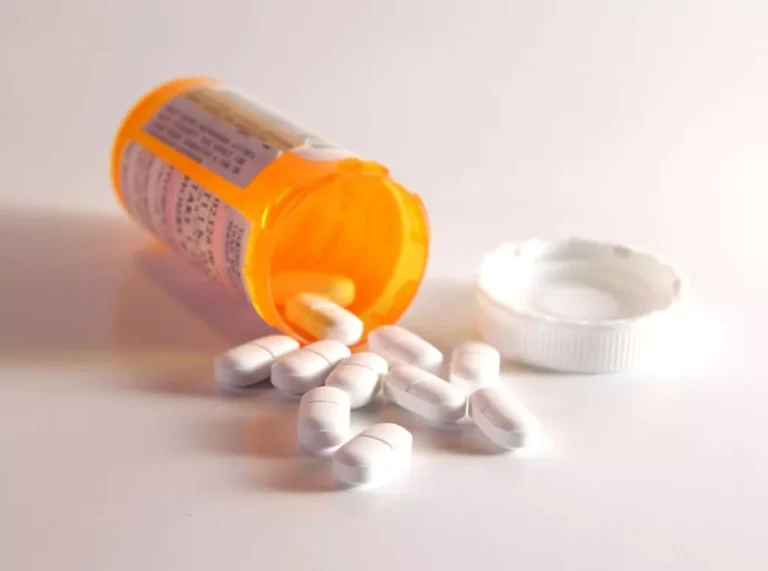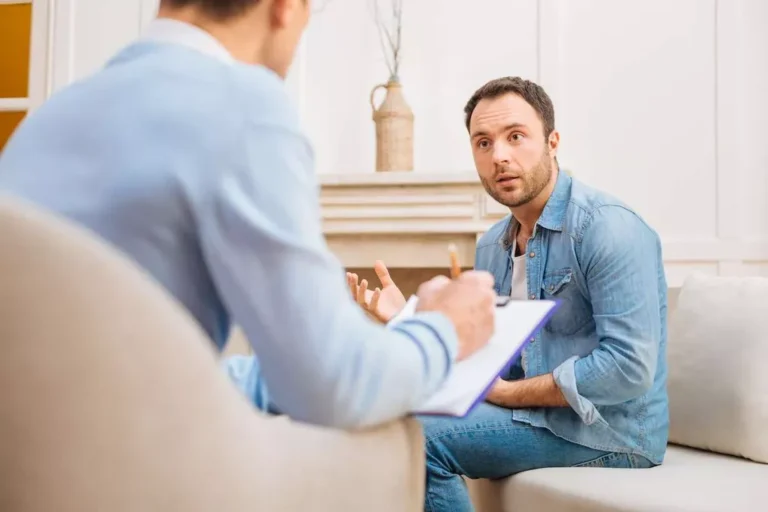Vicodin Addiction: Frequent Symptoms and Treatment Options

Vicodin, a prescription pain medication, is a go-to medicine for millions of people worldwide trying to relieve moderate to severe pain. Due to its opioid nature, Vicodin has the potential to cause OUD (opioid use disorder) when used beyond the recommended dosage or period when people fall into the trap of addiction. In the article, we’ll touch on the Vicodin addiction, its symptoms, and treatment options.
What is Vicodin Addiction?
Vicodin falls within the class of analgesics. It contains Hydrocodone and Acetaminophen as active ingredients. The medication suppresses the central nervous system and helps a person stop feeling pain while simultaneously causing a feeling of pleasure and relaxation.
One pill every 4 to 6 hours throughout the day is a standard recommendation from the doctor. Nevertheless, addiction is usually linked with significantly greater dosages. A number of factors, such as duration of use, dosage, and genetic factors, influence the risk of addiction.
Long-term Vicodin usage quickly leads to tolerance. When it happens, you want to take more medication to reach the initial effects. This type of usage will speed up the physical opioid dependency. Once reliant on the drug, it’s hard to stop abusing — excruciating withdrawal symptoms stop you from breaking free from the addiction.
The most frequent side effects are chest tightness, reduced libido, sexual dysfunction, erratic menstruation, nausea, and vomiting. Some can experience weakness, appetite loss, dizziness, etc. A person can feel a surge of energy or an active vitality. Because of this, it’s physically impossible to sit still or attempt to accomplish anything without taking breaks.
Furthermore, sleep issues are one of the most striking health effects. Not only is it difficult to fall asleep soundly, but there is also a persistently noticeable tiredness.

Take back control of your life and start on the road to recovery now.
Why Treating Vicodin Addiction Is Important?
Treating addiction is essential. Vicodin rehab experts state that more than 115 Americans die each day from an opioid overdose.
Moreover, Vicodin has the same health risks associated with other opioids, such as the risk of organ failure from low oxygen levels in the body. Treating the addiction is indispensable to get rid of these side effects:
- dizziness;
- sedation;
- constipation;
- mental health disorders: depression, anxiety;
- difficulty urinating;
- liver damage.
Moreover, keep in mind that by combining Vicodin with other drugs and alcohol, you have a higher risk of getting detrimental side effects – cirrhosis, fatty liver, alcoholic hepatitis, etc. Vicodin and alcohol used together are hazardous and even fatal.
When it comes to long-term effects, Vicodin abuse damages the liver, slows down the respiratory reflex, and affects gastrointestinal function. To avoid these issues, it’s vital to seek help as soon as you recognize the addiction.
Spotting the addiction and starting to treat it as soon as possible allows people to break away from their reliance on the opioid drug. Addressing Vicodin addiction improves overall well-being and raises the individual’s chances of living a healthier life.
How to Spot Vicodin Addiction
It might be challenging to spot Vicodin abuse. Some people become dependent on their prescription drug and don’t know about it until they stop taking the pills. Addiction, characterized by the obsessive need to use medication despite negative consequences, can cause dependence. Among the most noticeable signs of addiction are:
- Mood swings
- Stealing or borrowing
- Lying to conceal usage
- Withdrawing from loved ones
- Inability to focus
- Constipation
- Difficulty urinating
- Decreased respiration
- Impaired cognition
- Agitation, hallucinations, paranoia
When it comes to overdose signs, keep in mind these symptoms: pinpoint pupils, vomiting, nausea, a weak pulse, and stomach spasms. A person experiencing an overdose might also have low blood pressure, difficulty breathing, and face and lips seizures.

What Are the Treatment Options?
Recovery program starts off with a doctor examining the patient physically. He evaluates his mental condition, records anamnesis, asks questions, and, if required, speaks with family members. The addiction treatment includes the following:
- A person is accepted to be treated in the inpatient or outpatient care program. The therapy can take place in a rehab facility or at home under medical supervision. Inpatient rehabilitation programs offer a controlled setting with medical care to treat withdrawal symptoms and provide complete therapy. Because of the dangers involved with severe withdrawal, choosing home-based therapy necessitates strict medical control.
- Medical detoxification is another step. It’s a well-monitored process aimed to minimize withdrawal symptoms and preserve the patient’s physical well-being. Detox provides a closely watched, supportive atmosphere under the guidance of medical professionals.
- Medication-Assisted Treatment (MAT). Here, doctors apply FDA-approved drugs to aid healing. By lessening the degree of cravings and withdrawal symptoms, these drugs provide a more pleasant and managed transition to sobriety.
- Psychotherapy (CBT). Cognitive behavioral therapy, or CBT, is the cornerstone of recovery. The goal is to recognize and alter harmful thought processes and behavior linked to substance dependence.
- Counseling. You may participate in both individual and group counseling sessions while receiving treatment. You may talk through the underlying causes of the addiction with a counselor in one-on-one sessions. Furthermore, you have the assistance of peers who have personally experienced Vicodin usage during group sessions.
In addition to medication-assisted care, holistic recovery programs also incorporate practices like mindfulness or yoga. The approach addresses the mental, emotional, and spiritual dimensions of addiction. It promotes long-term recovery and general well-being.
Tips and Reminders for Treating Vicodin Addiction
Consulting with healthcare experts is indispensable for tailored advice and an appropriate treatment strategy. Nevertheless, let’s look at some general recommendations:
- Think about joining withdrawal support groups. Connecting with people experiencing similar problems is quite beneficial in terms of understanding and support.
- Tell your loved ones you have decided to get therapy. Those you love can offer support, empathy, and help when things go wrong.
- Explore and use healthy coping strategies to handle stress and emotional difficulties. Exercising, practicing mindfulness, hobbies, and other constructive pursuits fall under the category.
- Recognize and avoid individuals and circumstances which might trigger you. Establishing a supportive atmosphere is critical to a full recovery.
- Study information about addiction and how it affects the brain. Knowing the characteristics of dependence will help you make wise choices and maintain your commitment to recovery.
Every person’s road to recovery is different. A thorough strategy and expert advice are essential to an addiction recovery to be effective.

This can be a difficult journey, but you don’t have to go it alone. Let us be your guide and provide you the environment needed to regain control of your life and begin the path to recovery.
Wrapping Up: Recovery with Eco Sober Houses
Vicodin, initially a pain relief medication, has the potential to become addictive. According to the studies, more than 2.5% of the population misused the drug and this number increases each year. Recognizing the warning signals, getting expert assistance, and building a solid support network is paramount.
Eco Sober Houses are established to assist people battling drug addiction. With a focus on providing a safe and supportive atmosphere, we aim to help addicts lead fulfilling and successful lives. To create a well-controlled community with shared objectives, each of our clients undergo an interview. Here, you’re supported by the people fighting the same battles as you.
Eco Sober Houses aims to create a safe environment where everyone feels welcome. Strict zero-tolerance guidelines encourage responsibility and a drug-free atmosphere.
Our team also believes a holistic approach is the key to solving the problem. We promote the mental, emotional, and spiritual development of our clients. With us, you find a space where people want to pursue their hobbies, set their own goals, and strive to achieve them. Together, we build the foundation for a sober life. If you’re ready to find a new purpose in life, join us on your way to recovery.




